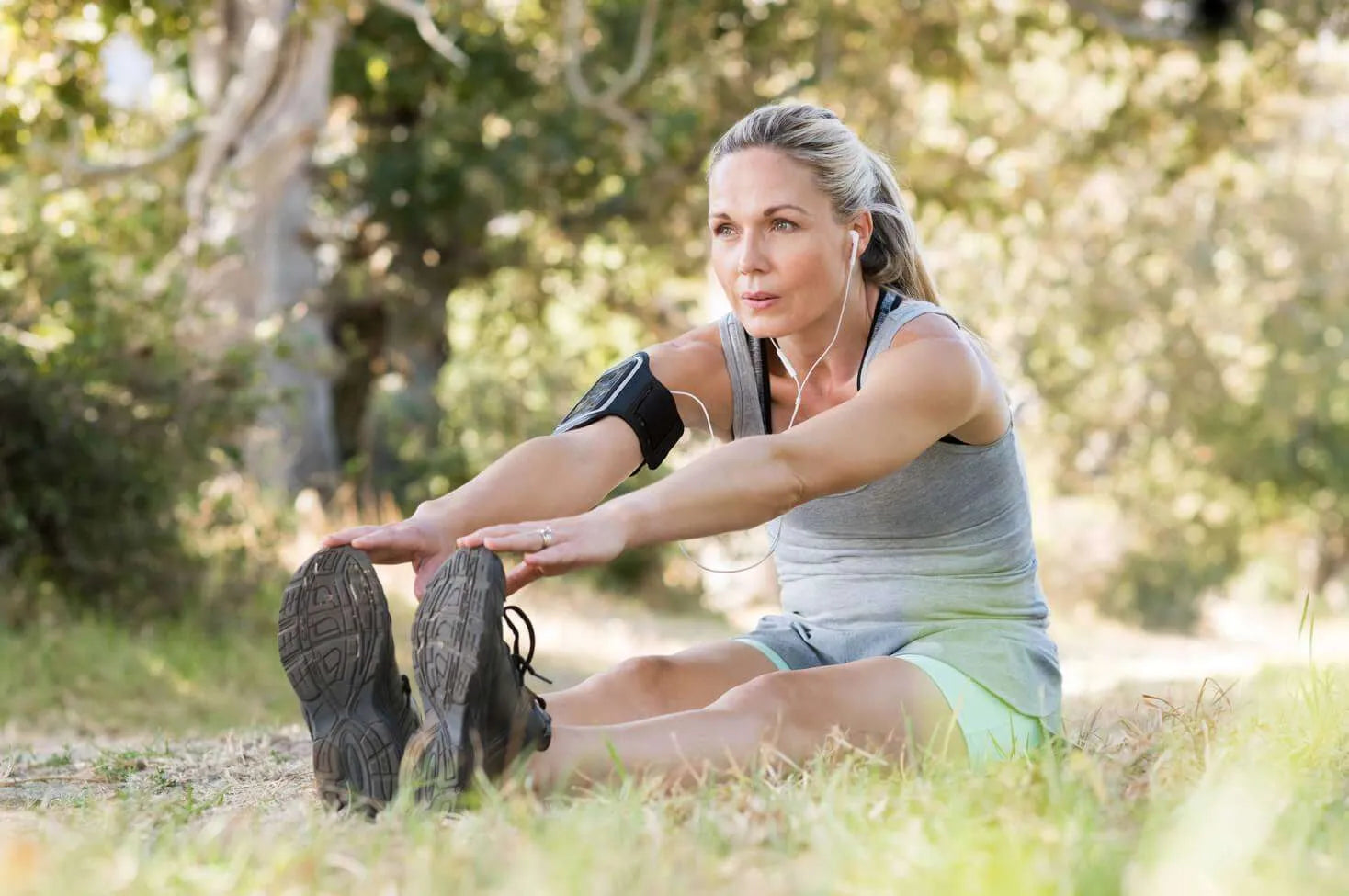Benefits of physical activity during menopause: get to know them
Author: Issviva Team
Reviewed by:
20 Oct 2022
4min. read
0

Do you want to feel better, have more energy and improve your quality of life? Then, exercise! The benefits of physical activity for overall health are not scarce. In fact, training your body is one of the best things you can do (Mayo Clinic, 2019). Exercise is a powerful medicine and a key and fundamental aspect of a healthy lifestyle. Physical activity can positively impact every side of your life, especially during menopause (Mayo Clinic, 2021). To experience the benefits of physical activity, the World Health Organisation says we need between 150 and 300 minutes of moderate or vigorous exercise a week. This is true for everyone (OMS, 2020).
During menopause, there is a natural tendency to lose muscle mass and gain abdominal fat or overall weight. So, exercise is one of the best allies to maintain a healthy body mass index and avoid those extra pounds. The spike in energy when training will help you burn the fat you do not need and contribute to leading a healthy life (Pointer, 2017; Mayo Clinic, 2019).
Menopause also brings about bone mass loss. This can lead to an increased risk of osteoporosis due to a drop in oestrogen levels. So physical activity might help develop and maintain bone density, as well as reduce the risk of bone fractures (Cuídate Plus, 2019; Pointer, 2017).
Exercise before and during menopause can help you improve your overall health and protect you from numerous illnesses. For example, weight gain at this stage can raise the risk of heart disease, diabetes type 2, osteoporosis, hypertension, and many types of cancer, such as breast and colon cancer. Exercising frequently can help reduce these risks (Mayo Clinic, 2019; Cuídate Plus, 2019).
Moreover, one of the benefits is emotional health. Physically active women have a lower risk of suffering from depression and cognitive deterioration. This happens because exercise releases endorphins that raise positive feelings and help control the mood swings typical of menopause. Moreover, exercise can help you feel better about yourself and boost your self-esteem (Cuídate Plus, 2019; Mayo Clinic, 2019; Pointer, 2017).
Furthermore, exercise can help you navigate better menopause symptoms. Women who remain active during this stage of their life experience hot flushes and other symptoms with lesser intensity than those who are sedentary. Some experts consider physical activity is a more natural alternative to hormone replacement therapy (Pointer, 2017).
During menopause, oestrogen and collagen production tends to decrease. It affects the skin by making it look dry and flaccid. Physical activity can boost collagen production, positively affecting the skin and the joints (Cuídate Plus, 2019).
Exercising has the power to help you sleep, experience a truly good rest, and sleep better. It’s a helpful tool to avoid experiencing sleep disorders, which are common during menopause (NIA, 2017). Aside from physical activity, some other habits you should implement include maintaining a balanced diet and enjoying an active social life.
References
Join us on our academy of wellness and insightful medical information tailored just for you.
Discover expert tips, resources, and community support. Let's empower ourselves together.
Join the discussion
Comments
No comments yet. Be the first to comment!